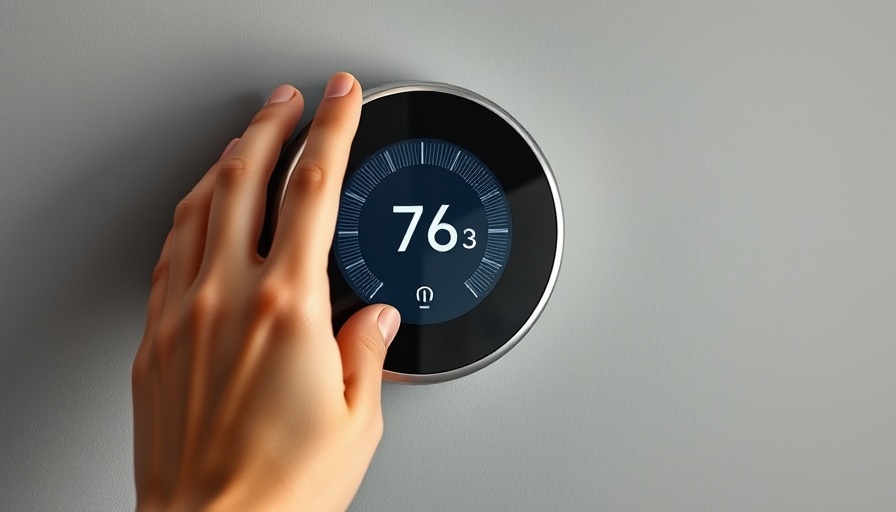
Why You Should Turn Off Your AC During Summer Storms
As homeowners, we rely heavily on our air conditioning systems to keep our spaces cool, especially during the scorching summer months. However, many HVAC professionals strongly advise against running your AC during summer storms, and there's a good reason for it. The risks associated with power surges, lightning strikes, and flooding can potentially damage your expensive unit.
The Dangers of Running AC in Stormy Weather
When a thunderstorm rolls in, the first instinct might be to keep the AC running to maintain a comfortable environment. However, HVAC experts like Danny Pen, President of New Era Plumbing & HVAC, recommend switching off your AC as soon as you see lightning or hear thunder. Even if you have surge protectors installed, they are not foolproof. A power surge caused by a lightning strike can fry your air conditioning system, ruining its compressor and wiring.
Understanding the Risks: Lightning Strikes and Power Surges
While direct lightning strikes may not occur often, they can happen, and when they do, the results can be catastrophic for your HVAC system. A power surge can not only lead to massive heat spikes but can also incapacitate every component connected to the affected wiring, including your thermostat, which might unexpectedly leave your home in a sticky situation.
More Than Just Lightning
Aside from lightning, there are other dangers to consider. Storms can bring flooding and debris that can block airflow or damage your unit’s fins. If your AC is running, the risk increases significantly. Water can infiltrate, causing electrical shorts and creating a need for costly repairs. When the storm passes, homeowners are often faced with the financial burden of fixing an AC that could have been saved by simply flipping a switch.
Safe Practices for Homeowners
To safeguard your HVAC system, it's wise to unplug or switch off your AC before a storm hits. Here are a few tips:
- Check weather forecasts and be proactive about storms.
- Invest in whole-house surge protectors for added safety.
- During a storm, if safe to do so, physically check outside for debris around your AC unit.
Taking these precautions not only protects your AC system but also provides peace of mind.
What Happens If Damage Occurs?
If you neglect to turn off your AC and damage does occur, the cost can be substantial. Replacing a compressor often rivals the price of a new outdoor unit. Subsequently, repairs can disrupt your entire summer experience as you search for technicians when you could be relaxing in a cool home.
Conclusion: Protect Your Investment
While it might seem like a hassle to switch off your AC, doing so during summer storms is a small price to pay to protect your appliance and finances. As a homeowner, understanding the risks associated with thunderstorms can help you make informed decisions, keeping your cool during unexpected weather.
Now is a perfect time to take action! By evaluating the safety practices surrounding your AC and employing preventative measures, you can cool down, but stay smart during those summer storms!
 Add Row
Add Row  Add
Add 




Write A Comment